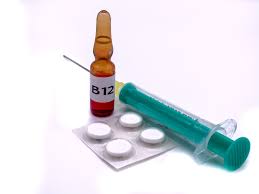Poor sleep quality linked with multiple sclerosis risk in teens: Study
Wed 25 Jan 2023, 11:47:44

London: Failure to receive at least seven hours of quality sleep during the teenage years is associated with the subsequent risk of developing multiple sclerosis (MS), according to a study.
The research, published in the Journal of Neurology Neurosurgery & Psychiatry, suggests that clocking up enough hours of
restorative sleep while young may help to ward off the condition.
restorative sleep while young may help to ward off the condition.
MS is influenced by both genetic and environmental factors, including smoking, teenage weight (BMI), Epstein-Barr virus infection -- one of the most common human viruses -- sun exposure, and vitamin D, the researchers said.
No Comments For This Post, Be first to write a Comment.
Most viewed from Health
AIMIM News
Latest Urdu News
Most Viewed
May 26, 2020
Should there be an India-Pakistan cricket match or not?
Latest Videos View All
Like Us
Home
About Us
Advertise With Us
All Polls
Epaper Archives
Privacy Policy
Contact Us
Download Etemaad App
© 2026 Etemaad Daily News, All Rights Reserved.

























.jpg)
.jpg)
.jpg)


